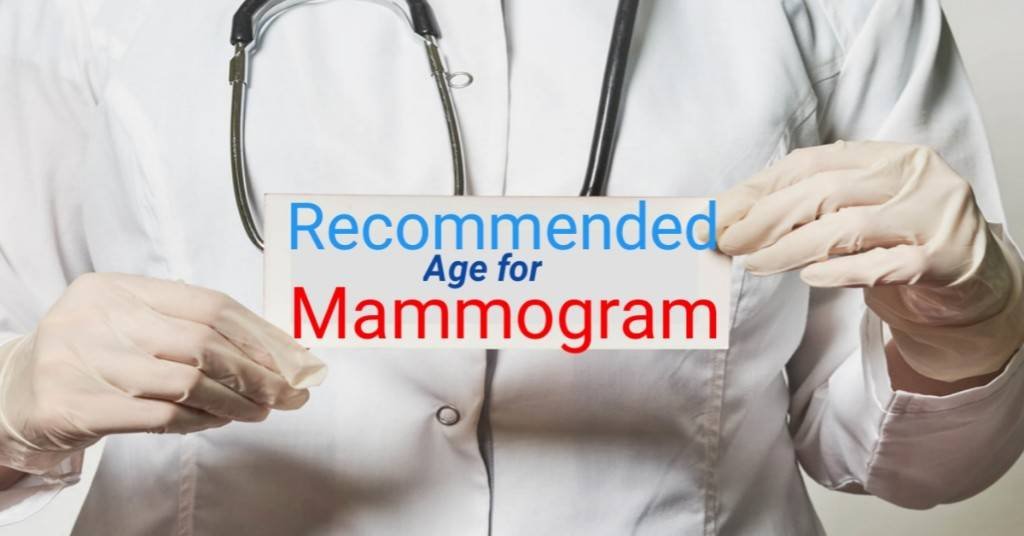
Table of Contents
A mammogram is a life-saving measure whose benefits are very much greater than the risks. According to the American Cancer Society (ACS), mammograms expose women to the same total amount of radiation someone could get from natural background sources in 7 weeks.
It is considered very safe but needless exposures are to be avoided.
This is in addition to some other factors that have contributed to recommendations on the age for mammograms.
We’ll deal with this topic, the recommended age for mammograms, on three fronts. The first will be the recommended age for the first mammogram, then, the recommendation for continued screening over time. We’ll then round up by discussing the recommended age for the last mammogram.
Recommended age for the first mammogram.
This differs based on your unique situation. Two different recommendations take into account your level of risk. Either you are considered to be of average risk or high risk.
Average Risk group.
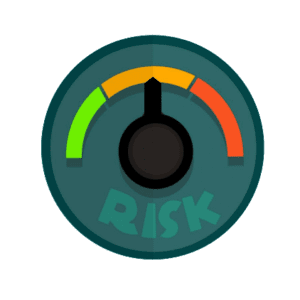
- You are taken to be of average risk:
1. If your lifetime risk level as weighed on risk assessment tools is less than 15%.
2. If tests show you don’t have the BRCA1 and BRCA2 genetic mutations.
3. If you have no strong family history of Breast cancer (especially first-degree relatives like parents and siblings).
4. If you didn’t have a radiation treatment earlier than 30 years.
5. If neither you nor your first-degree relatives had suffered certain syndromes like the Li-Fraumeni,1 or Bannayan-Riley-Ruvalcaba syndromes.2
Recommended age for a mammogram:
It’s not recommended you commence earlier than 40years of age for reasons such as:
a. Less than 7% of breast cancers are found in women less than 40 years. The chances of finding breast cancer, if you are below that age, are very low.
b. Mammograms are not so effective as the breasts are usually dense below 40 years.
By the time you consider the above two points, you’ll agree it isn’t a worthwhile venture going in for radiations on an almost wide goose chase.
The American Cancer Society recommends you are given the choice of having your first mammogram from the age of 40 years upwards.
Don’t expect to get an invitation for mammography but so long as you are between the age range of 40-44 years you could start if you wish.
High-risk group.
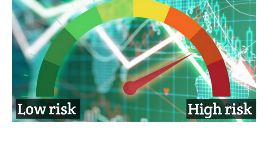
- The above-stated recommendation doesn’t apply to you if you are in the high-risk group for breast cancer. Being high-risk means you’ve somehow been able to meet the following criteria:
1. The risk assessment tools place your lifetime risk level for the disease at 20-25%.
2. You’ve satisfactorily met all the conditions mentioned above which the average-risk group doesn’t have.
It’s important to note at this point how about 2.5% of the beautiful Ashkenazi Jews are literally at high risk by nature for having the BRCA1 or BRCA2 gene mutations. What an interesting piece of discovery by researchers and it’s life-saving too.
The BRCA1 or BRCA2 gene mutations place you at significant risk of not only breast cancer but other types of cancer. If you have the mutation, a tool has been recommended by the Centers for Disease Control and Prevention (CDC) to help you practice how best to inform your family members so they can also understand their cancer risks. Use this tool for your practice. Sharing the information may be life-saving for members of your family.
Recommended age for a mammogram:
It is recommended you start as early as 30 years and, in some cases, even 25 years of age. If you are shocked at the mention of 25 years wait a minute as I’m not done breaking the news.
Now, having a family history of breast cancer is one of the considerations that place you at high risk. It may be recommended you start your mammogram screening 10 years earlier than the first relative who was diagnosed with the disease. Imagine what that means if your relative had it at 30 years.
Magnetic resonance imaging (MRI) scan, is often recommended alongside regular mammograms if you are at high risk. These two complement each other for better screening and monitoring.
Other risk factors.
Dense breasts: There is a proven association between breast density and the incidence of breast cancer. It has been covered under the mammogram for dense breasts. (link to my post)
Precocious Menarche: Research published in the Journal of Breast Cancer Research and Treatment has proven that girls who had their first menses earlier than 12 years are more than twice at higher risk than those who had it at 12 years upwards.3
Nulliparity(Describes those that haven’t had a baby yet): In the presence of breast density, your risk of breast cancer could be several times higher if you haven’t had a child.
Age at Natural Menopause: The higher the age at which natural menopause sets in, the higher your risk of breast cancer.
Alcoholism: Research has firmly indicated alcohol to be a risk for breast cancer through various physiological pathways.4
Active Smoking: Smoking exposes you to several substances known to be carcinogenic to breast tissues. That is, they trigger the onset of cancer in the breast according to the Journal of Mammary Gland Biology and Neoplasia.5
Body mass index (BMI): In Postmenopausal women, a higher body mass index has been shown to place you at increased risk.6
keep in touch, and sign up for our newsletter:
Measures you can take to reduce the risk of breast cancer.
- Reducing Alcohol consumption.
- Cessation of Smoking.
- Maintenance of ideal body weight and by extension, Body mass index (BMI) as mentioned earlier.
- Induced menopause. This has been shown to reduce the risk of breast cancer by as much as 60% according to the Journal of the National Cancer Institute.7
- Regular workouts and exercises:A research in the Journal of the National Cancer Institute has shown exercises can effectively reduce a woman’s lifetime risk of breast cancer. So endeavor to make workouts and exercises a habit. Share on X
Recommendations for the continuation of screening.
Unless you are at high risk, mammograms are not usually recommended for women under 40 years of age. The reasons are discussed earlier in this article. From the age of 40 to 44 years, the decision to commence or not lies with you.
From the age of 45 years, the following have been recommended:
- 45-54 years (Annual screening)
- 55 years and above (Annual screening or once every 2 years)
The United States Preventive Services Task Force (USPSTF) specifically recommends that women from the age range of 50 years to 74 years get screened every 2 years.
However, these are not absolute figures as they can be adjusted to suit each individual’s background history of cancer. Knowing what’s best for you is something you have to discuss with your doctor.
Age for the last mammogram.
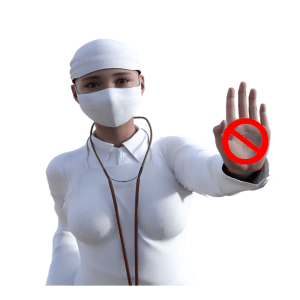
Research hasn’t found mammograms beneficial beyond the age of 69 years. Chances are, you may want to stop at any time from 70 years.8
The American Cancer Society, however, recommends that screening be continued so long as you are healthy and looking good enough to live out the next 10 years.
If as an older woman you were treated for breast cancer, both the American Cancer Society of Clinical Oncology and the American Cancer Society, advise you to continue with annual mammograms. This, they argued is to keep an eye on any possible reoccurrences.
Conclusion.
Breast cancer is the second leading cause of death by cancer in women and in the United States amounts to 30% of all new cases of cancer inflicting women.
However, owing to early detection and top-notch treatment measures, you have a 90% chance of survival if diagnosed with one.
Nonetheless, almost 50% of women are known to skip these life-saving mammograms due to pain or discomfort felt during mammograms.
The good news is that researchers are developing a 15-second light-based painless screening that may replace mammograms.
Meanwhile, there are guidelines that if followed will help ease your pains and discomforts. Thereby, enabling you to keep to your screening schedule.
You may also want to avoid drinking coffee, or tea, a week before your mammogram. They are known to make your breasts tender, adding to your pain and discomfort.
If you are an African American it may serve your interest to take mammogram screening seriously. According to the American Cancer Society, deaths by breast cancer are 37% higher in African Americans than in whites.
Let me know if the information provided in this article was helpful and how I can serve you better. Feel free to share your experiences as I’m looking forward to your emails.
- Malkin, D. (2009). Li–Fraumeni Syndrome. In: Hammer, G., Else, T. (eds) Adrenocortical Carcinoma. Springer, New York, NY. https://doi.org/10.1007/978-0-387-77236-3_11 ↩︎
- Gorlin, R. J., Cohen, M. M., Condon, L. M., & Burke, B. A. (1992). Bannayan-Riley-Ruvalcaba syndrome. American Journal of Medical Genetics, 44(3), 307-314. https://doi.org/10.1002/ajmg.1320440309 ↩︎
- Peeters, P.H.M., Verbeek, A.L.M., Krol, A. et al. Age at menarche and breast cancer risk in nulliparous women. Breast Cancer Res Tr 33, 55–61 (1995). https://doi.org/10.1007/BF00666071 ↩︎
- Dumitrescu, R. G., & Shields, P. G. (2005). The etiology of alcohol-induced breast cancer. Alcohol, 35(3), 213-225. https://doi.org/10.1016/j.alcohol.2005.04.005 ↩︎
- Reynolds, P. Smoking and Breast Cancer. J Mammary Gland Biol Neoplasia 18, 15–23 (2013). https://doi.org/10.1007/s10911-012-9269-x ↩︎
- Cheraghi, Z., Poorolajal, J., Hashem, T., Esmailnasab, N., & Irani, A. D. (2012). Effect of Body Mass Index on Breast Cancer during Premenopausal and Postmenopausal Periods: A Meta-Analysis. PLOS ONE, 7(12), e51446. https://doi.org/10.1371/journal.pone.0051446 ↩︎
- Trichopoulos, D., MacMahon, B., & Cole, P. (1972). Menopause and Breast Cancer Risk. JNCI: Journal of the National Cancer Institute, 48(3), 605-613. https://doi.org/10.1093/jnci/48.3.605 ↩︎
- Kerlikowske K, Salzmann P, Phillips KA, Cauley JA, Cummings SR. Continuing screening mammography in women aged 70 to 79 years: impact on life expectancy and cost-effectiveness. JAMA. 1999 Dec 8;282(22):2156-63. doi: 10.1001/jama.282.22.2156. PMID: 10591338. ↩︎




























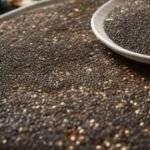








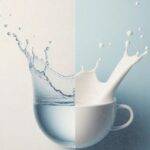

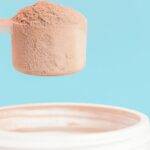


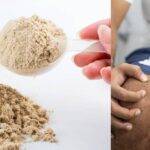












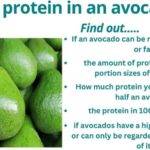
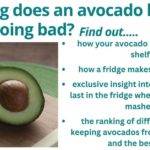



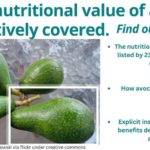
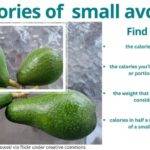
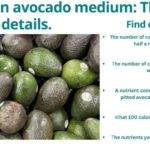

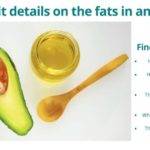



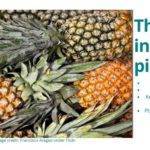
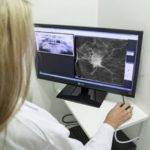

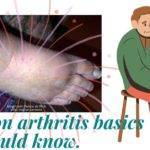
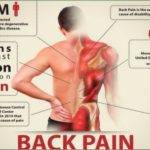
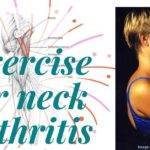
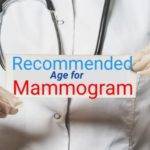
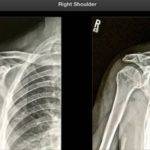


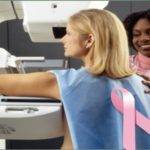
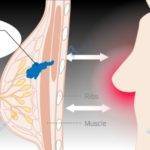
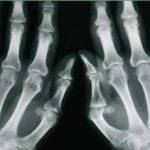
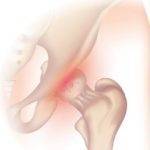

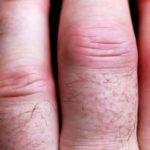


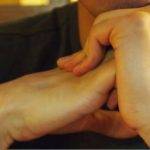

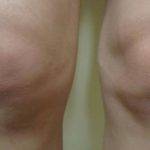

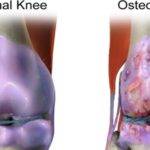
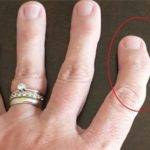
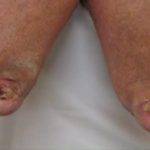
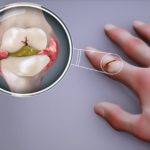





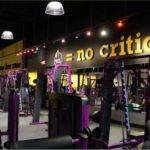







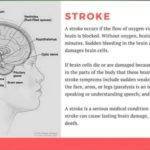

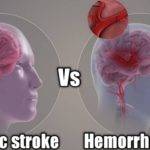
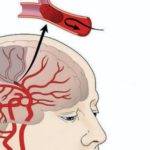
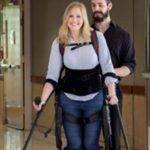











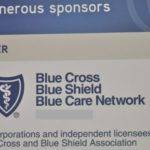
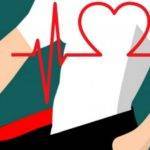
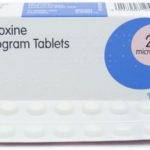
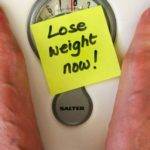



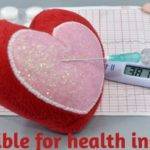

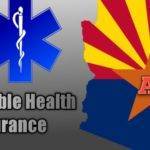

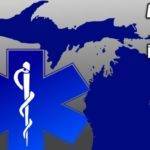
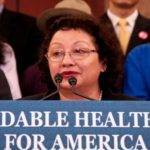


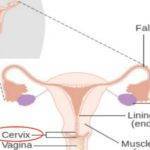
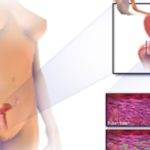
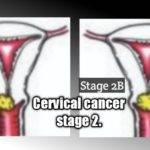
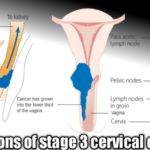
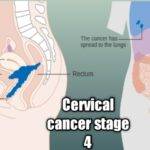
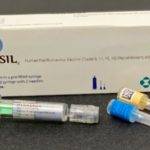


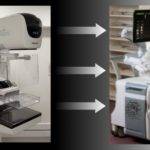
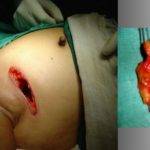

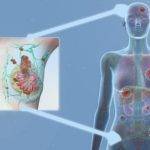

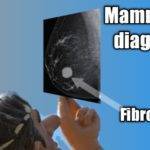
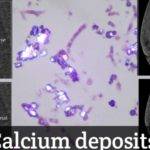

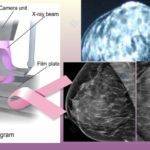
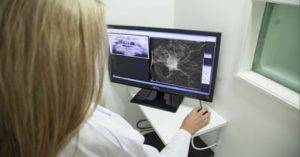
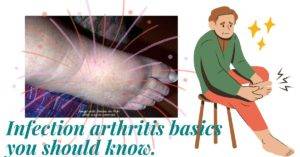
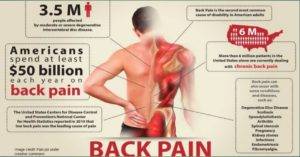

It’s truly a nice and helpful piece of information. I am glad you shared this useful info. Please keep us informed with more posts like this. Thanks for sharing.
Quite informative.
Great post! I love how you simplify complicated topics.
An impressive, I love reading more on this topic, would you mind updating your blog with more details? It is highly helpful for me. Big thumbs up for this blog post!
Thanks for another informative site. Where else can I get this kind of information written in such a perfect way?